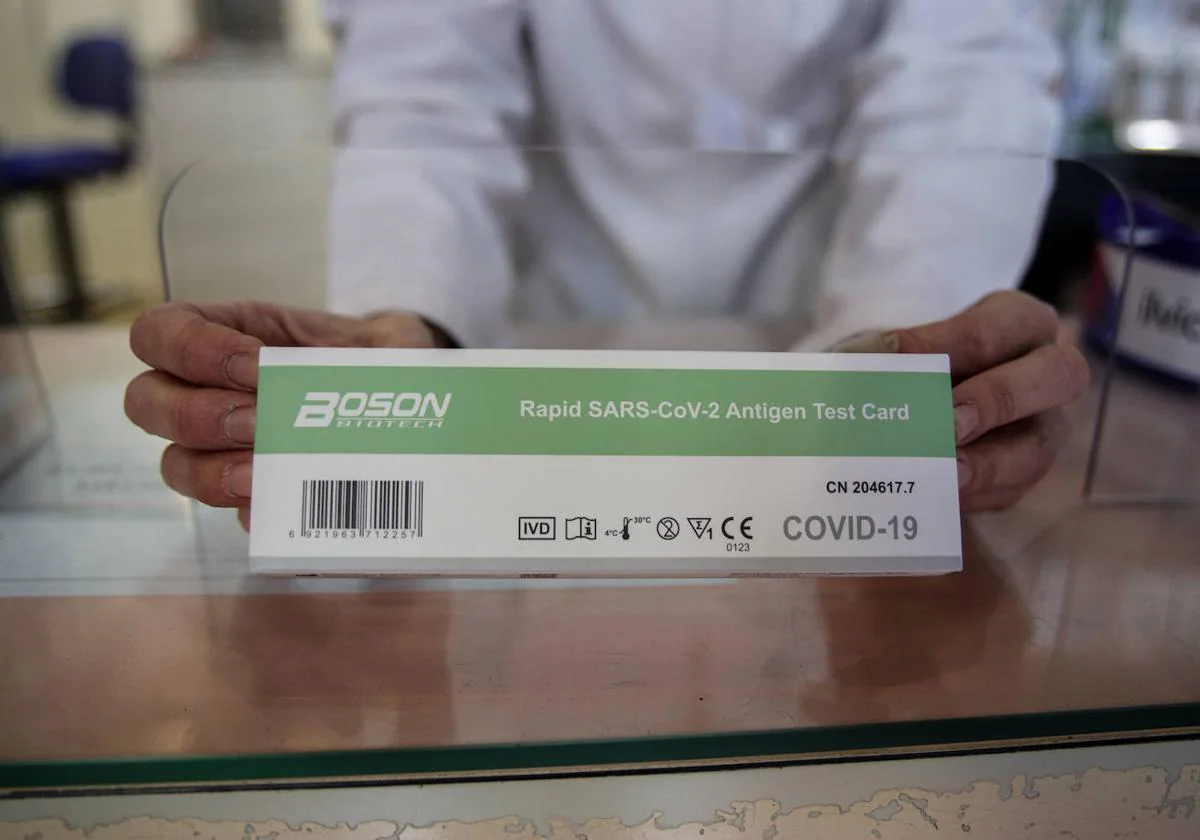During December, Vizcaya’s pharmacies saw a significant increase in sales of test kits for detecting coronavirus and influenza infections. Teresa Bidaguren, secretary of the Bizkaia School of Pharmacy, said that a large proportion of pharmacies in the region conducted twice as many tests for these diseases in December as in November.
This situation is due to the increased circulation of both viruses and the significant increase in the number of infections, also during the Christmas season. In fact, Bidagulun said, people are buying test kits mainly because they are experiencing symptoms and are going to or have gone to family gatherings during these days.
In this sense, he noted, “most people with respiratory viruses go to pharmacies to find medication, not to get tested.”
One item that hasn’t particularly increased in sales is face masks, an iconic element during the pandemic and a major barrier against infection during the health crisis. Also on Thursday, the Ministry of Health recommended that people with respiratory symptoms and those visiting health centers use mouth and nose protectors. The request comes one day after the department’s last advisory, which documented an increase in influenza and coronavirus transmission. The Basque government also recommends “maintaining physical distance, improving hand hygiene, covering coughs and maintaining ventilation.”
Vaccination
It also encourages those who have not yet been vaccinated to get vaccinated. This season, Osakidetza has administered 502,087 doses of the flu vaccine and 387,538 doses of the COVID vaccine. The campaign, which ends this week, focuses on the over-60s, who have 82% flu coverage and 75% coronavirus coverage.
For pregnant women, half have been vaccinated, while for children between 6 months and 5 years old (the main innovation of this campaign), 11,164 doses have been administered. 73,000 little children were invited to receive them.
Osakidetza received an additional 6,150 doses of a novel monoclonal antibody against respiratory syncytial virus (RSV), the causative agent of most cases of bronchiolitis and pneumonia in infants and young children. People born on or after July 1 and children younger than two years old who are at risk for severe RSV disease already receive prophylactic treatment.

